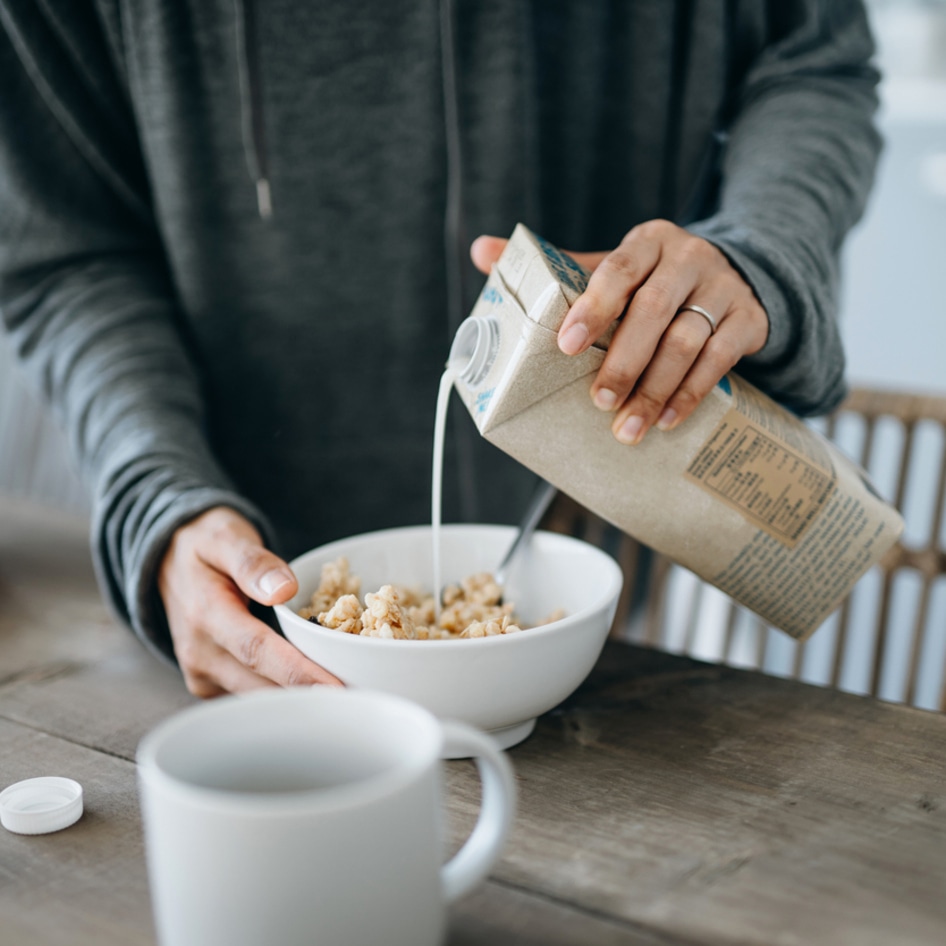Animal Law: Restrictions and Rewards
Litigating on behalf of farm animals is as necessary as ever, but institutional obstacles are forcing animal lawyers to get creative.
March 18, 2012
As lawmakers across the country contemplate ag-gag legislation aimed at hindering undercover investigations on factory farms, and evidence of cruel farming practices continues to gain widespread media attention, farm-animal welfare issues are ever visible in today’s social and political landscape. While animal law as a legal discipline was virtually nonexistent until the 1970s, this emerging discipline, spanning environmental, social-justice, and food-safety issues, has become an increasingly accepted mode of legal scholarship. Many top schools now have law-review journals dedicated to animal-welfare law issues, positioning it on the cutting edge of the legal field.
However, in spite of the fact that animal-welfare activism is gaining mainstream footing, bringing animal-cruelty issues to court, particularly in regards to factory farming, remains as difficult as ever. The complexities of the judicial and legislative systems have forced animal lawyers to pursue creative means of bringing about change, using tactical legal legwork to complement the respective strengths of animal-welfare politicians, lobbyists, and grassroots activists.
Legislative Limitations
Unlike the majority of animals, farm animals aren’t protected under the federal Animal Welfare Act, which leaves them especially vulnerable to legally sanctioned abuse and exploitation. Weak federal laws such as the 28 Hour Law, which requires animals being transported to slaughter to be released from confinement every 28 hours, as well as the Humane Methods of Livestock Slaughter Act, are under-enforced in practice. The latter, a federal effort to relieve animals of the pain of slaughter by stunning them, doesn’t apply to birds, which make up more than 90 percent of farmed animals. Some states, including California and New Jersey, have passed legislation regulating the treatment of farm animals, but most continue to follow statutes called Common Farming Exemptions, which authorize abusive practices, such as unanaesthetized pig castration and debeaking, if they are considered industry standards.
Judicial Hurdles
In addition to the absence of federal and state laws protecting farm animals, animal-welfare lawyers looking to litigate factory-farm issues face another obstacle: because only district attorneys can prosecute violations of animal-cruelty laws, many animal lawyers lack the judicial standing to bring important cruelty cases to court. Animal attorneys such as those at the Animal Legal Defense Fund often try to work with district attorneys, offering their assistance and expertise. Still, according to Matthew Liebman, a staff attorney at ALDF, not all prosecutors are receptive to his organization’s attempts at litigating factory-farming cases. “In a predominately agricultural community where industry holds a lot of social and political power, it can be tough to convince the district attorney to go after a factory farm. And that’s especially the case when it’s pervasive industry practices,” says Liebman. Still, he says increasing media exposure and social pressure can be effective tactics when persuading district attorneys to take legal action. “There’s no question that prosecutors are sensitive to what the community is concerned about … to the extent that they know someone is watching, I think that they look at the case a little more closely.”
Legal Strategizing
Faced with these hurdles, Liebman and his fellow ALDF attorneys are required to be resourceful, turning to state food-safety and consumer-protection codes as a means of litigating on behalf of farm animals. In response to a 2010 undercover investigation into the Cal-Maine egg-production facility in Texas, which exposed horrific living conditions for the facility’s chickens, ALDF filed a lawsuit against the Texas public health commissioner, the Texas commissioner of agriculture, and the Texas animal-health commission. Because it couldn’t sue Cal-Maine for animal cruelty directly, ALDF sued the aforementioned public agents by arguing that the adverse living conditions at the farm constituted a threat to food safety and consumer welfare.
Similarly, after a recent Compassion Over Killing investigation revealed the systematic abuse and mistreatment of baby chicks at the Cal-Cruz Hatcheries in Northern California, ALDF and COK filed a lawsuit against the egg-production company, framing the legal issue as one of consumer protection rather than animal cruelty. ALDF argued that, by disregarding the chicks’ welfare, Cal-Cruz was undermining the integrity of the industry and cutting corners—practices ALDF says are in direct violation of the California Business and Professions Code. Media coverage of the lawsuit resulted in supermarket chain Whole Foods Market cutting ties with the chick farm, though the case has yet to be settled.
Looking Ahead
With ag-gag legislation pending in several states, ALDF is preparing to use this kind of strategic litigating to discourage lawmakers from passing what the organization believes are restrictive and dangerous laws that could prevent consumers from receiving valuable information about the safety of their food. Its new website, protectyourfood.com, outlines its solution to the ag-gag phenomenon—an oppositional proposal called the Protect Your Food Act (also known as The Safeguarding the Public from Food-Borne Illnesses Act) that, if adopted, would prohibit state governments from acquiring food products from jurisdictions that have implemented ag-gag legislation. Liebman says the Protect Your Food campaign is ALDF’s attempt to go on the offensive. “[The campaign is] supposed to be a disincentive for industry to try to convince states to pass these laws, because it’ll ultimately hurt them financially,” he says.
Working Together
Legislative victories in the realm of farm-animal welfare, though not brought about through litigation, are vital to the field of animal law. State ballot measures such as California’s Proposition 2, a 2008 statute that outlawed the use of gestation crates and battery cages on all farms, and the state’s ban on foie gras, effective this year, not only improve the treatment of farm animals as a whole, but also provide ample opportunity for litigation. According to Liebman, members of the agricultural industry often try to challenge these measures, enabling organizations such as ALDF to intervene in defense of the law.
Liebman says animal-welfare legislation done on a Congressional level or by popular vote complements the legal work done by him and his colleagues, forming two fundamental pieces of the animal-welfare movement. “When we sue, we’re suing to enforce laws, and if those laws aren’t there to begin with—if there hasn’t been public pressure or political pressure, social movements or activism, to get those laws in place—then we have nothing to sue about,” he says. “Without changing that backdrop, without changing what the social norms are around how we treat and think about our relationships with animals, we’re not going to make a lot of progress.”
Public policymakers, lawyers, and activists each play a crucial role in the movement, relying on each group’s particular strengths to bring about concrete change. “Law does accomplish things that other modes of activism and social change can’t. It doesn’t mean it’s more important, it just means it’s part of a broader whole,” he says. “Legislation only works if you can get the majority behind you. Activism is dependent on changing people’s minds. The good thing about litigation is that it’s backed by the power of the court and, to the extent that you can force industry to make changes or be held in contempt of court, I think that’s powerful.”
JUMP TO ... Latest News | Recipes | Guides | Health | Subscribe







